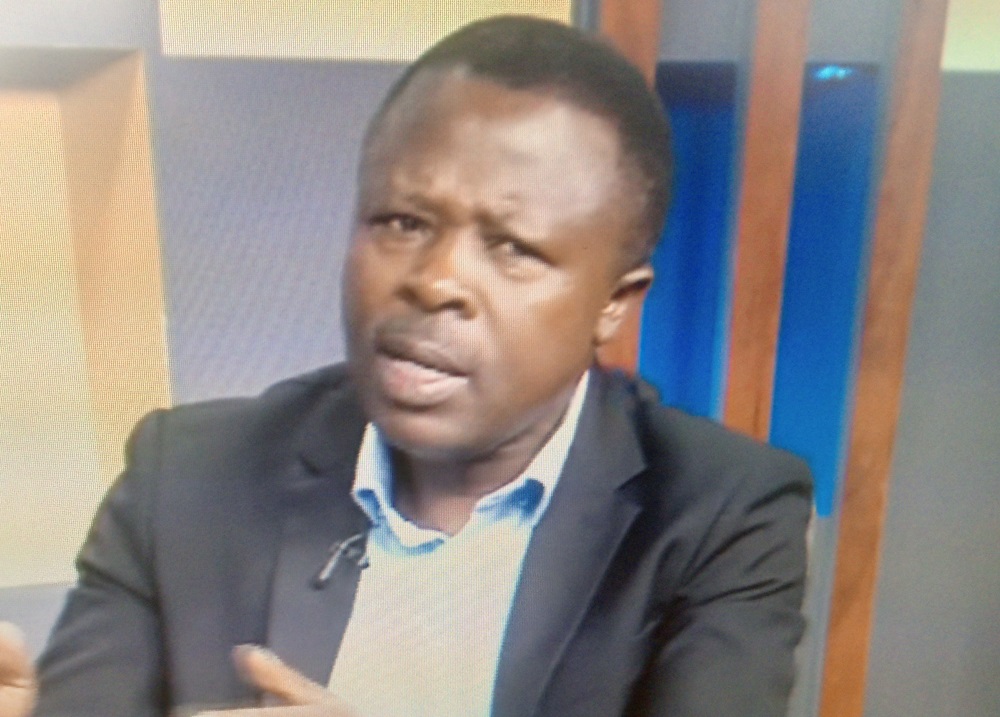By Steven Masiga
The last person who attempted to raze down Buganda Kingdom was Tamale Mirundi, who used to throw a series of unloaded missiles against the cultural institution. As I write now, Tamale Mirundi is a dead man, buried somewhere on Buganda soil, and we can now eschew him in our discourses.
In Kenya, when the newly elected and excited vice president took on the Mulima king (highland king) Uhuru Kenyatta and the Kitandawili architect (storyteller) Baba Raila Omolo Odinga, the National Senate went after him on account of his bellicose language. Even fellow highlanders challenged VP Chagua over his conduct. As I speak, he was edged out of office through impeachment.
Inzu Yamasaba’s leadership has noted with concern people who wake up every morning, wasting valuable time and pelting the cultural institution with bad publicity instead of supporting it. They are quick to ask for accountability for things to which they have not contributed.
Ninety percent of those fighting are people on whom our cultural intelligence unit has a lot of dirty information. Firstly, many of these had been promised appointments as ministers. They were falsely promised ministries by the other camp, and when the Government took the decision to gazette the current Umukuka III, Jude Mike Mudoma, following the advice of the mediating team led by the late Umukuka I emeritus (now deceased), many of these “ministers” ganged up to fight.
The Umukuka III found these very teams had mismanaged the cultural institution, including selling off the car donated to the cultural institution, which up to now is not traceable. There are also millions of shillings in unpaid bills, including self-promotion in New Vision as the legitimate leaders of Inzu Yamasaba. Up to now, this money has not been cleared by them, and New Vision is trying to drag us to court. Our position, however, is that we cannot clear a bill that did not benefit our people, the Bamasaba. New Vision should deal with those individuals directly, not with the institution.
As a cultural institution, we also reject any form of political intrusion. Many of these individuals wanted to make the cultural leadership look like an FDC and NRM affair. A cultural institution is a creation of Ugandan customary practices, various statutes of the laws of Uganda, best international practices, and other attendant regional protocols and treaties.
The cultural institution is determined in its quest to unite the Bamasaba people and loathes the idea of anyone who wants to import politics into the cultural institution. It is our mandate to strive to unite our people; therefore, we are appealing to those few renegades in the interest of unity. We have wasted valuable time embroiled in bickering.
The cultural institution has, in one and a half years since the Government gazetted the current cultural leader, achieved a lot. We have secured the Mutoto land from the National Forestry Authority (NFA), where we expect to put up magnificent projects like the palace, a stadium, and an enclosure for the palace.
The new leadership has renovated the current ad hoc palace and erected a new office block, which is expected to cost about 80 million shillings; so far, over 30 million has been invested. We are putting up a radio station estimated to cost about 800 million, and some money has already been collected.
The cultural leader, his ministers, and the President of Uganda organized one of the best circumcision functions in the history of imbalu. The Government of Uganda, through President Museveni, made a contribution of 300 million towards the success of that function, and as a cultural institution, we cannot gloss over that input.
There is also overwhelming support towards the cultural institution from the Bamasaba community. That is why we inform those who are disgruntled because somebody else has promised them ministerial positions that they can still support their cultural institution even if they are not ministers in the institution.
The essence of creating cultural institutions by the Government was to achieve community unity. However, some fights over leadership have instead skewed the original intention, with even those who lost out during the race continuing to fan the flames, using proxies, including their so-called ministers who constantly mislead each other and keep on fighting the leadership. This trend of fights with cultural institutions is seen in nearly every cultural institution in Uganda, from Buganda to Toro, Bunyoro, and even Busoga, where similar conflicts persist.
The writer is Legal Scholar and Spokesperson, Inzu Yamasaba
Do you have a story or an opinion to share? Email us on: [email protected] Or join the Daily Express WhatsApp channel for all the latest news and trends or join the Telegram Channel for the latest updates.

